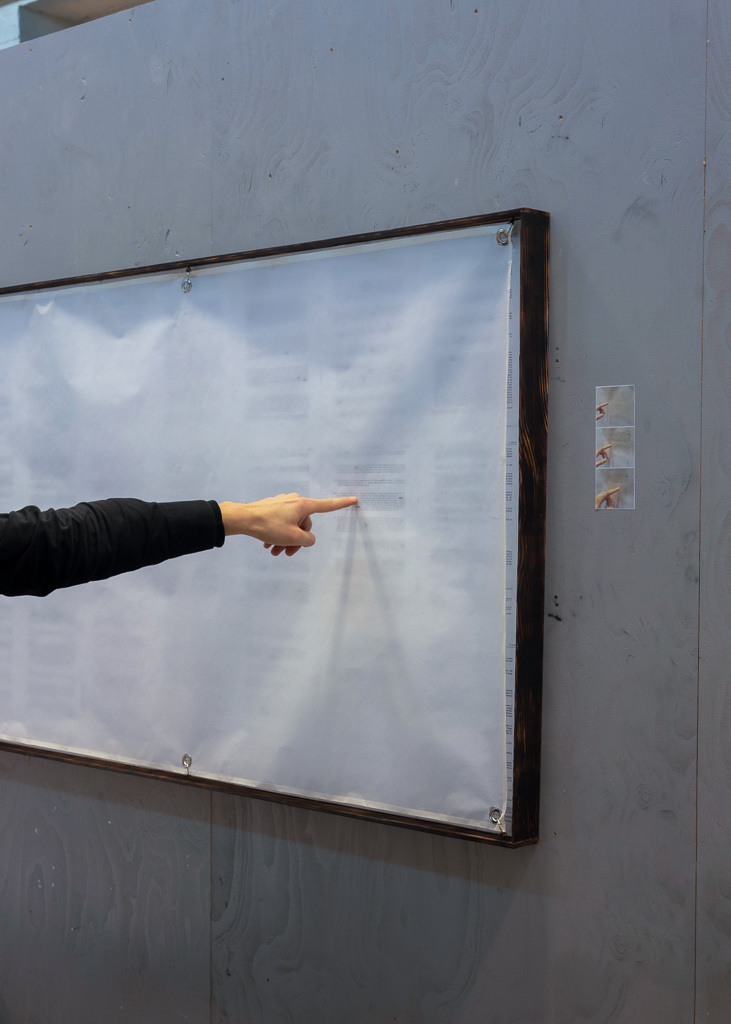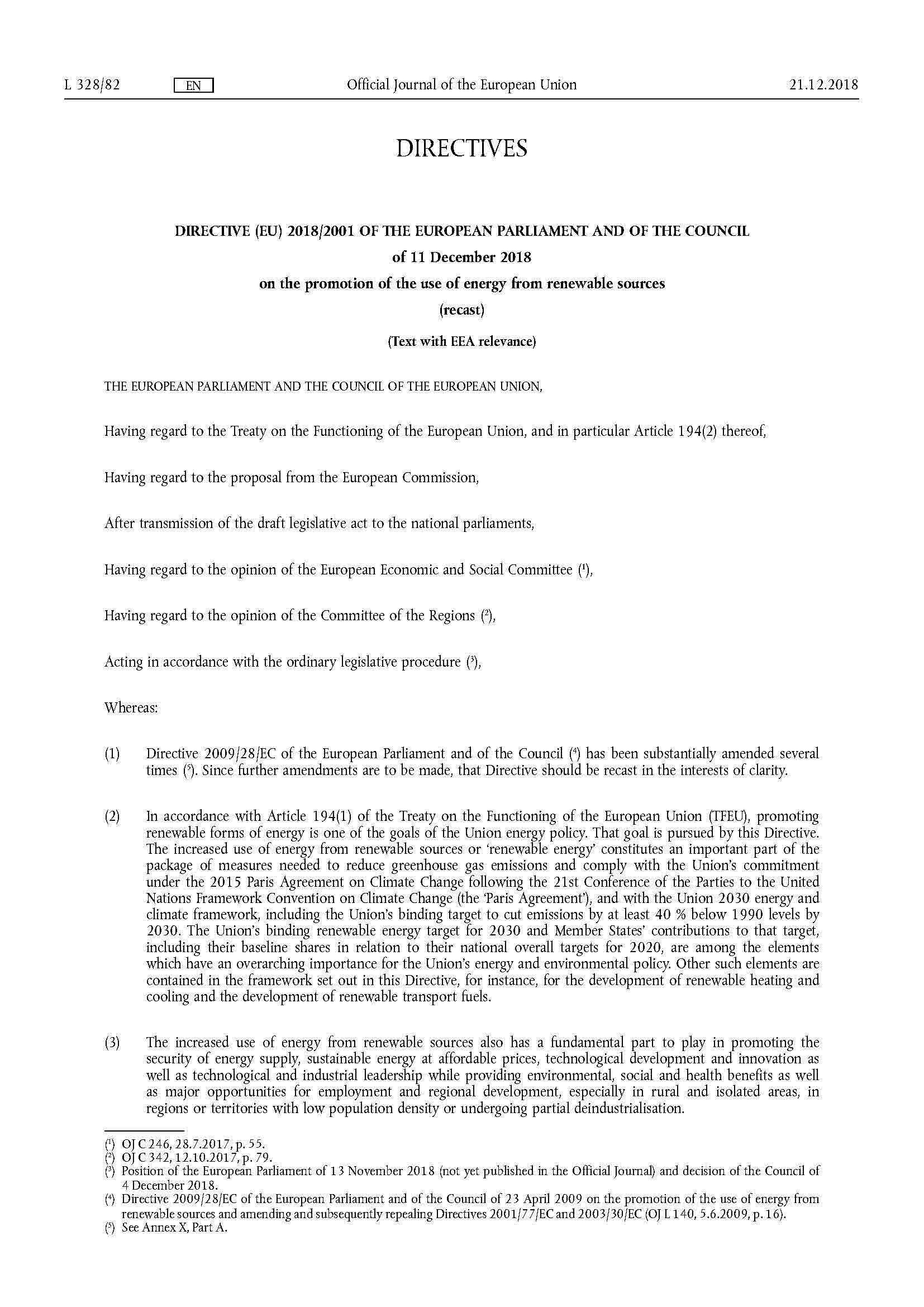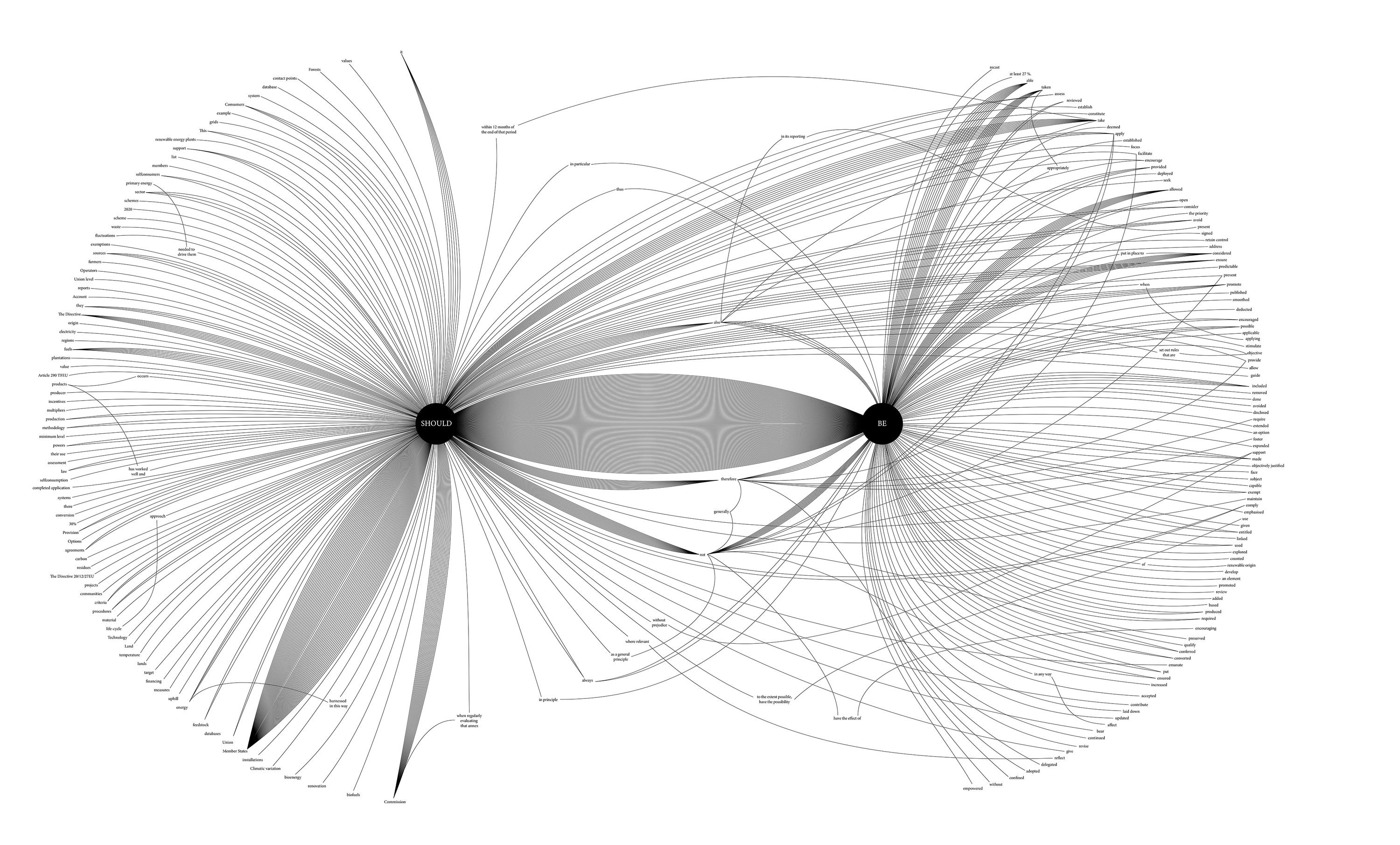Should is an investigation of lexiconic ambiguity through political language and the resulting disparity between one's true and proclaimed intention. Political vagueness falls over the facts like a thick fog, blurring any definition and hiding all the details. Creating a space to conceal indefensible truths in a haze of non-statements.
The word should, indicating a desirable or expected state, is the third most commonly used word in the Directive (EU) 2018/2001 on renewables. This word enables a space for political vagueness to grow, creating a void between intention and understanding where an audience can come to their own conclusion of the language used.
By deconstructing the Directive on renewables into fragmented sentences that contain the word should, we can visualise how this word allows a shift in responsibility from the author to the audience, renouncing any clear intent to be interpreted by personal interest. Industry lobbyists in these areas saw the opportunity to manipulate political language to create a tool that encourages ambiguous legal boundaries between the two fields of economy and ecology. A result of which is the clear cutting of a forest in the Pamlico basin for the production of Biomass sold across Europe.
By deconstructing the Directive on renewables into fragmented sentences that contain the word should, we can visualise how this word allows a shift in responsibility from the author to the audience, renouncing any clear intent to be interpreted by personal interest. Industry lobbyists in these areas saw the opportunity to manipulate political language to create a tool that encourages ambiguous legal boundaries between the two fields of economy and ecology. A result of which is the clear cutting of a forest in the Pamlico basin for the production of Biomass sold across Europe.
Research contributors
Jon Lomberg
References
1) DIRECTIVE (EU) 2018/2001 OF THE EUROPEAN PARLIAMENT AND OF THE COUNCIL of 11 December 2018 on the promotion of the use of energy from renewable sources - The guidelines that companies within the EU have to legally follow in order to comply with the renewable energy standards.
2) Global Markets for Biomass Energy are Devastating U.S. Forest - A report made on the impact of clearcutting areas of forest for the production of burnable energy pellets. These pellets are supplied to Europe to burn in “green” energy initiatives to enable companies to comply with the renewable energy standards.
3) Biomass for energy in the European Union - a review of bioenergy resource assessments - A paper reviewing the demand by EU policies for bioenergy potentials in conjunction with available biomass conversion technologies in Europe.





